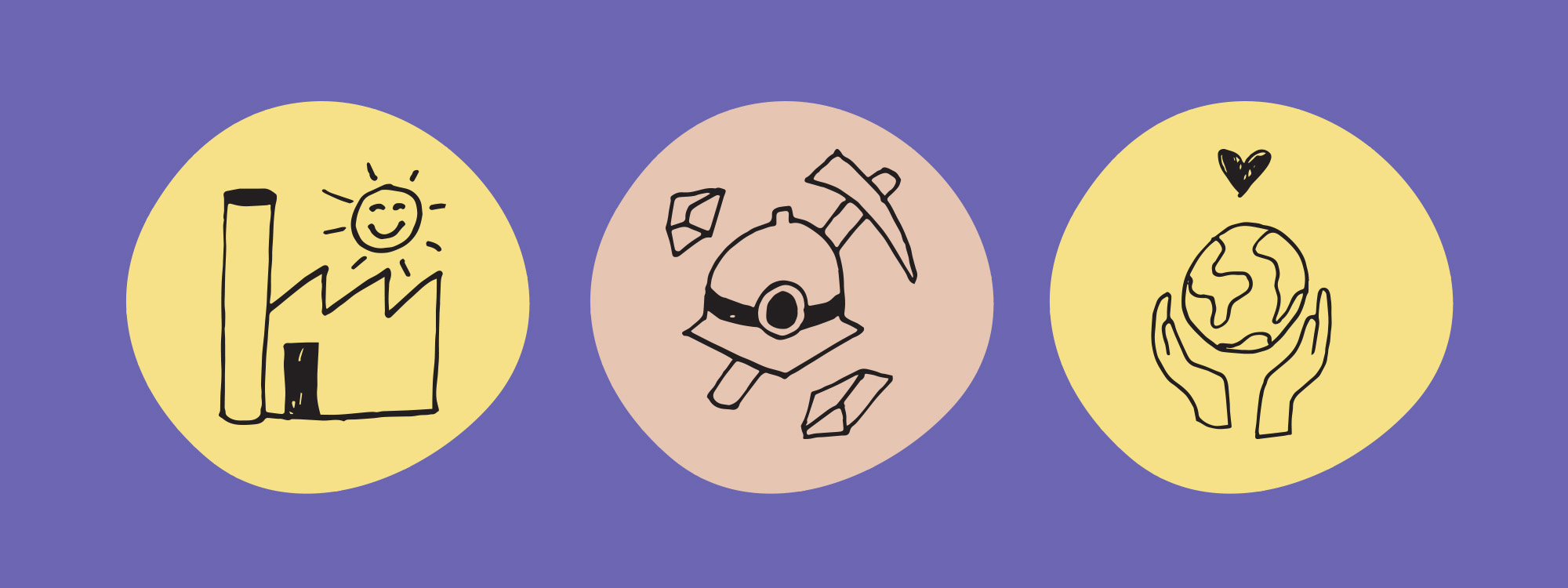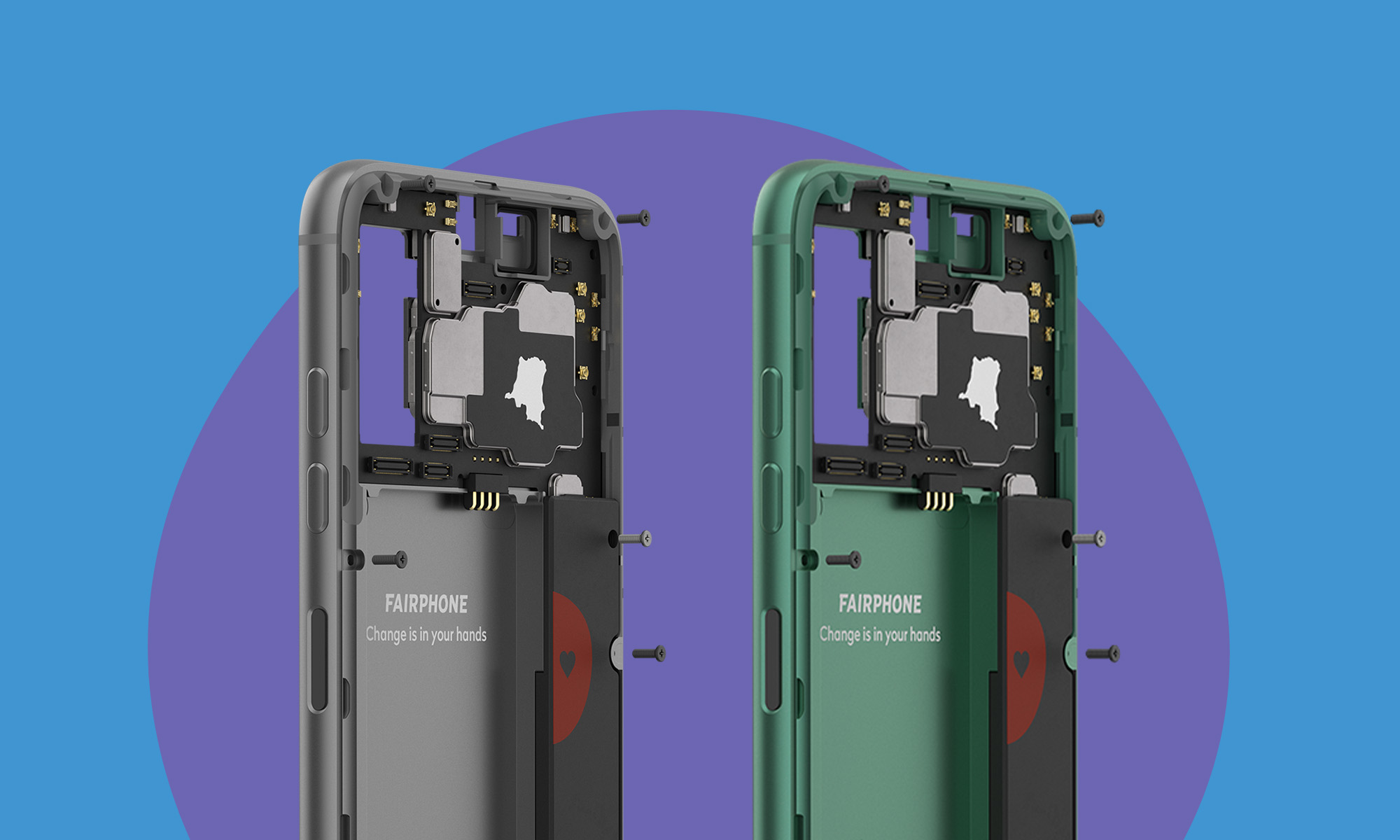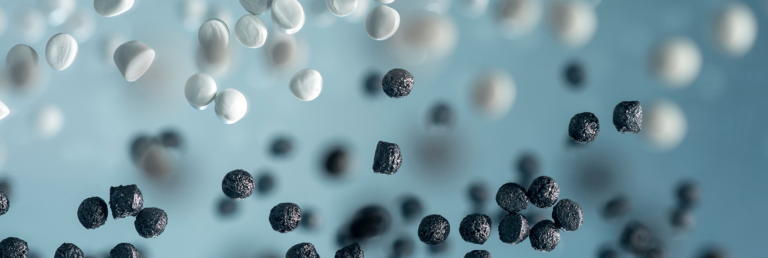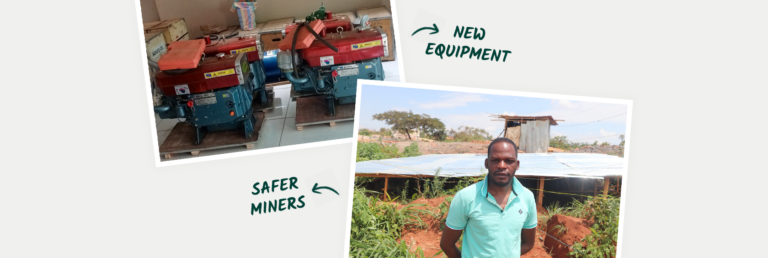Digging deep for responsible aluminum
You probably don’t think about aluminum a lot. We do – it’s one of our 14 focus materials. But we really dug deep when we decided the Fairphone 4 was going to have an aluminum case rather than plastic. And it turns out, aluminum is really interesting.
Start with this: It’s the most common mineral in the Earth’s crust. It’s forged in stars when magnesium picks up an extra proton. So when it comes to supply, there’s a lot of it. But it’s hard to make usable. In 1825, Danish chemist Hans Christian Oersted managed to produce the first malleable aluminum, but it was an outrageously expensive process. For decades, aluminum was as expensive as gold. Napoleon III’s state dinners were proudly served on aluminum plates, and his son waved an aluminum rattle.
In 1886, two inventors simultaneously came up with a process in which aluminum oxide is melted in cryolite (sodium aluminum fluoride) and subjected to an electric current. And to this day, that’s how aluminum is made.
It’s a toy bird, it’s a plane, it’s a soda can
And once it’s made, aluminum’s life span is essentially indefinite. It retains many of its most important properties no matter how many times you remelt and reuse it. And while recycled aluminum isn’t yet of sufficient quality for food-grade and many electronics uses, once it’s made most aluminum can be reused in some way. Some industry estimates claim that 75% of all the aluminum that’s ever been made is still in use thanks to recycling.
But, aluminum isn’t the holy grail of sustainability. It takes a huge amount of energy to get from the stuff in the ground to the stuff that can make a train or a phone. And while it takes only 5% of that energy to recycle the material, the initial carbon and chemical footprint is enormous. And there are lots of ways it gets done wrong, either from an environmental or human rights perspective.
Swipe right for socially and environmentally responsible partners
So when we went looking for the material that would go into the Fairphone 4, we signed up as a downstream supporter of the Aluminium Stewardship Initiative (ASI). ASI’s mission is to recognise and collaboratively foster the responsible production, sourcing and stewardship of aluminium. It is a global standard-setting and certification organisation that lays the foundation for a responsible aluminum supply chain, supported by a broad range of stakeholders.
 ASI is laying the foundation for a responsible aluminum supply chain.
ASI is laying the foundation for a responsible aluminum supply chain.
ASI has a performance standard made up of 11 sustainability principles and certifies suppliers who meet them. These principles have 59 criteria that address issues including responsible management where worker health and safety are protected, no child labor is used, and biodiversity is safeguarded. We wanted to support workers’ health, rights, and well-being with our supply chain choice, so we set out to find an ASI-certified supplier.
Shining a light on imperfection
We tested both virgin aluminum and post-consumer recycled aluminum and learned about one of the challenges recycled aluminum faces: impurities. To give the phone the highly polished, premium feel that we wanted, we have to anodize the aluminum, which makes the metal shiny. When anodized, those impurities become more visible and make the metal look, well, scratched. Even though it’s not. Try as we might, we couldn’t make recycled aluminum come up to a high enough cosmetic standard that it wouldn’t scare off our sellers and customers.
 Proudly framed by Alumnium from ASI Performance Standard certified suppliers: The Fairphone 4.
Proudly framed by Alumnium from ASI Performance Standard certified suppliers: The Fairphone 4.
After much trial and error, we settled on sourcing virgin aluminum. While we pay a higher price for our aluminum, we’re proud to say our supplier is ASI Performance Standard Certified and they’re as proud to be working with us as we are with them.
Closing the loop
In keeping with our vision for a fair transition to a circular economy, we will continue to explore using post-consumer recycled aluminum in our phones in future. We may have to find a way to make recycled aluminium as ‘clean’ as new aluminum, or come up with a process that makes the imperfections less obvious, but it’s a worthy challenge and one which could have important implications. We look forward to engaging our suppliers and the wider industry on this.
But in the meantime, we’ll continue to make our case: the best way all of us in the electronics industry can reduce the environmental cost of production is to do as we do: ensure that every phone we make is easily recyclable, repairable and that they are made to last as long as is humanly possible.
That seems only fitting for a phone made out of the stuff of stars. Explore it here >>



